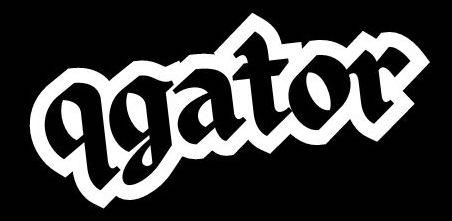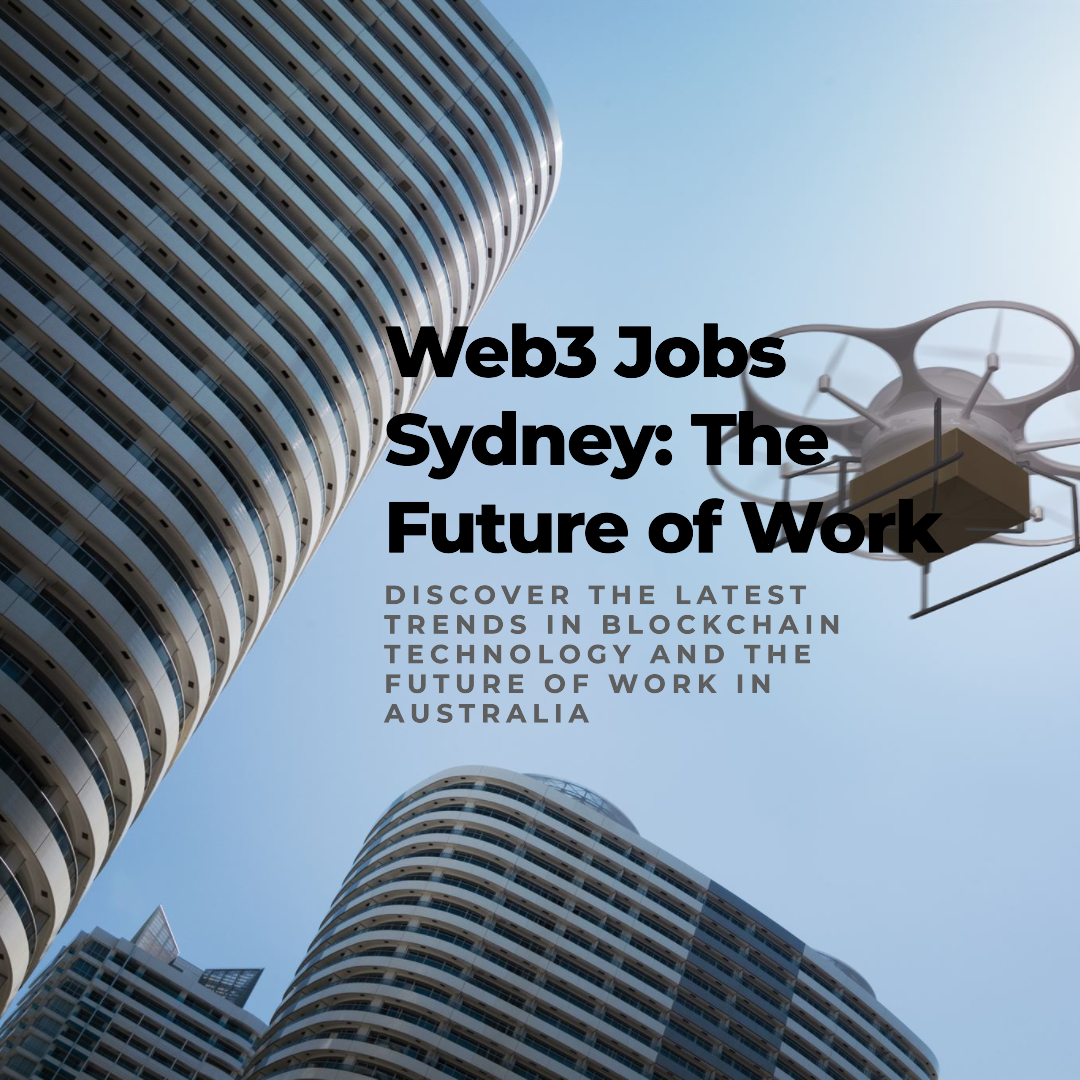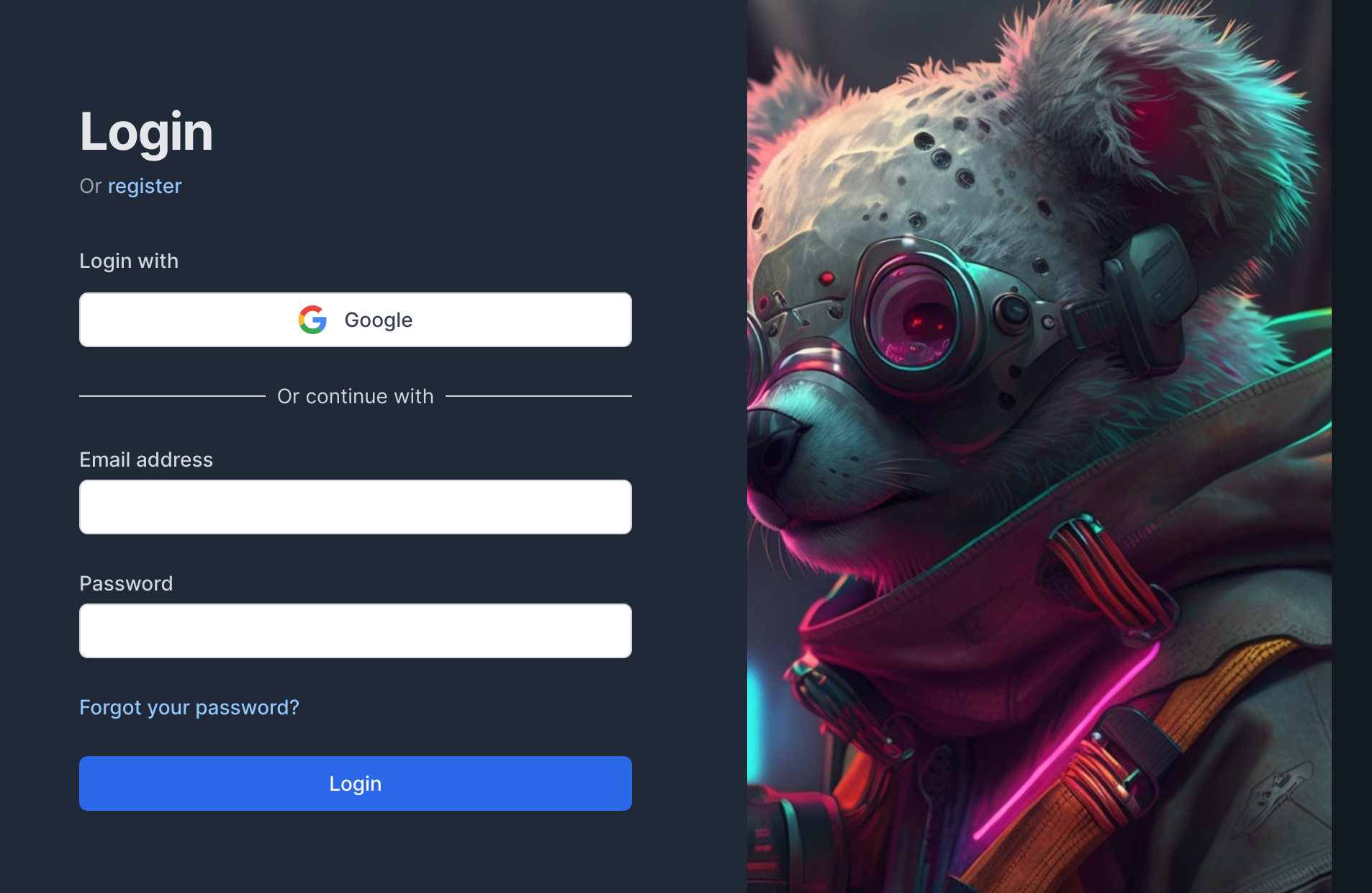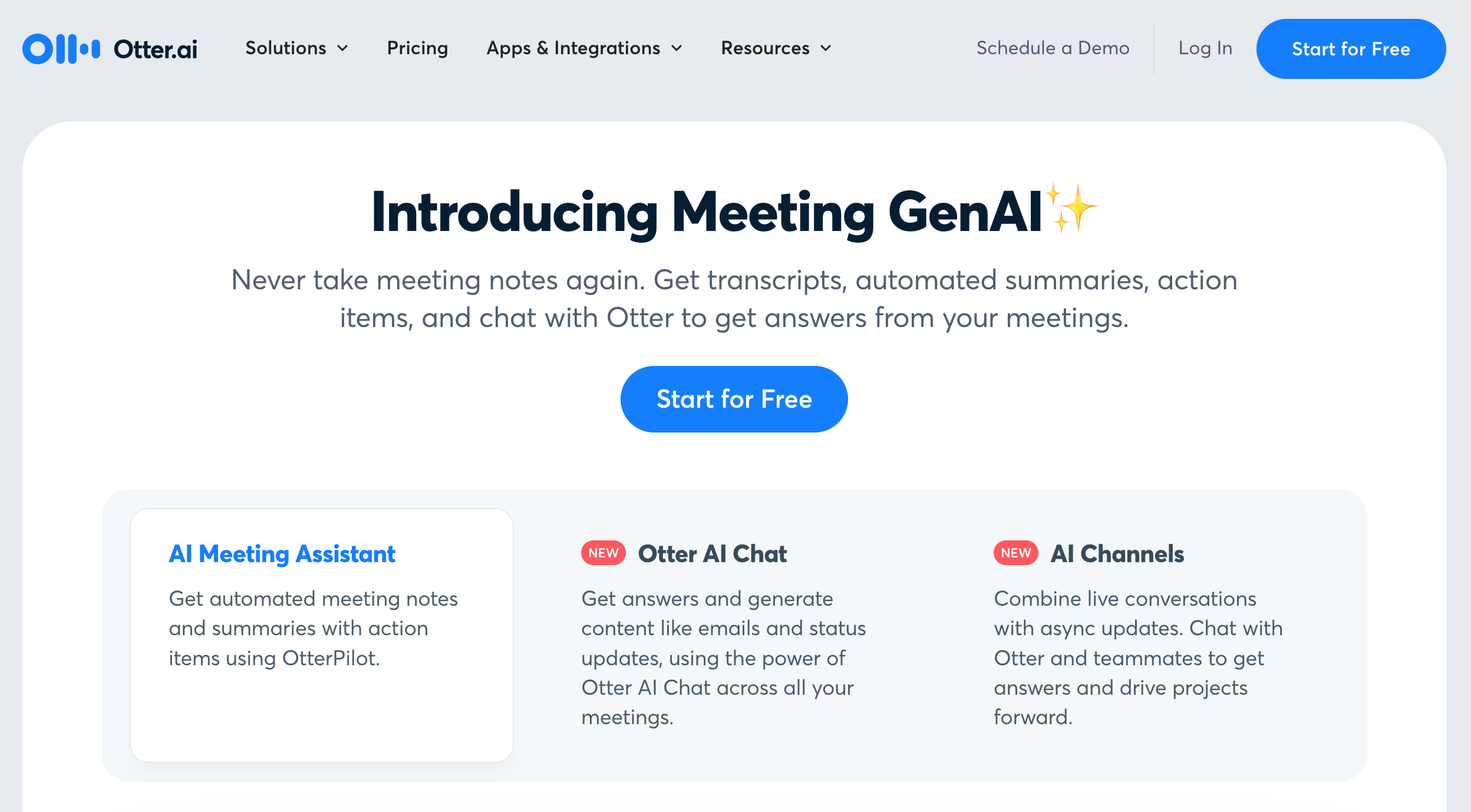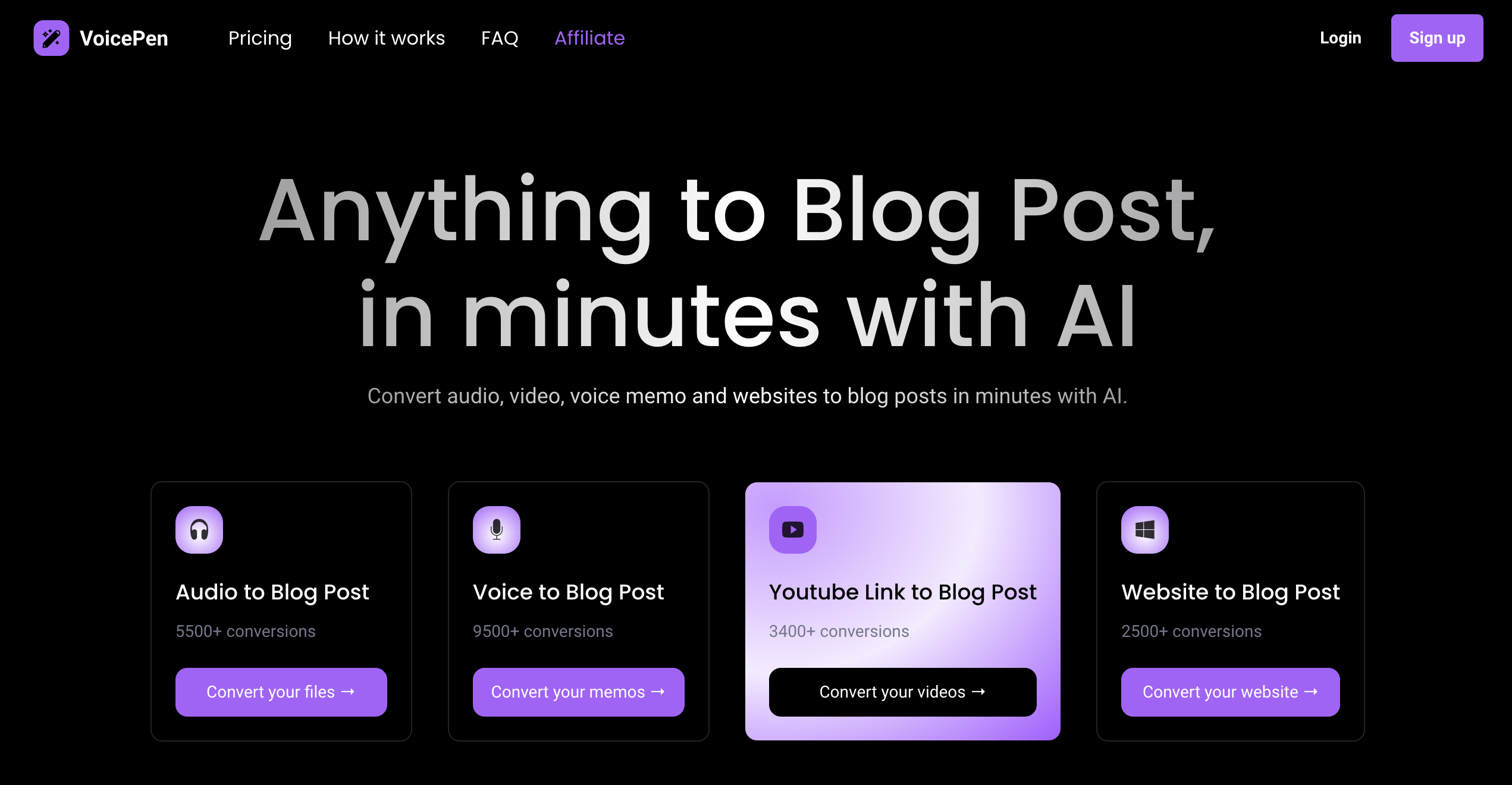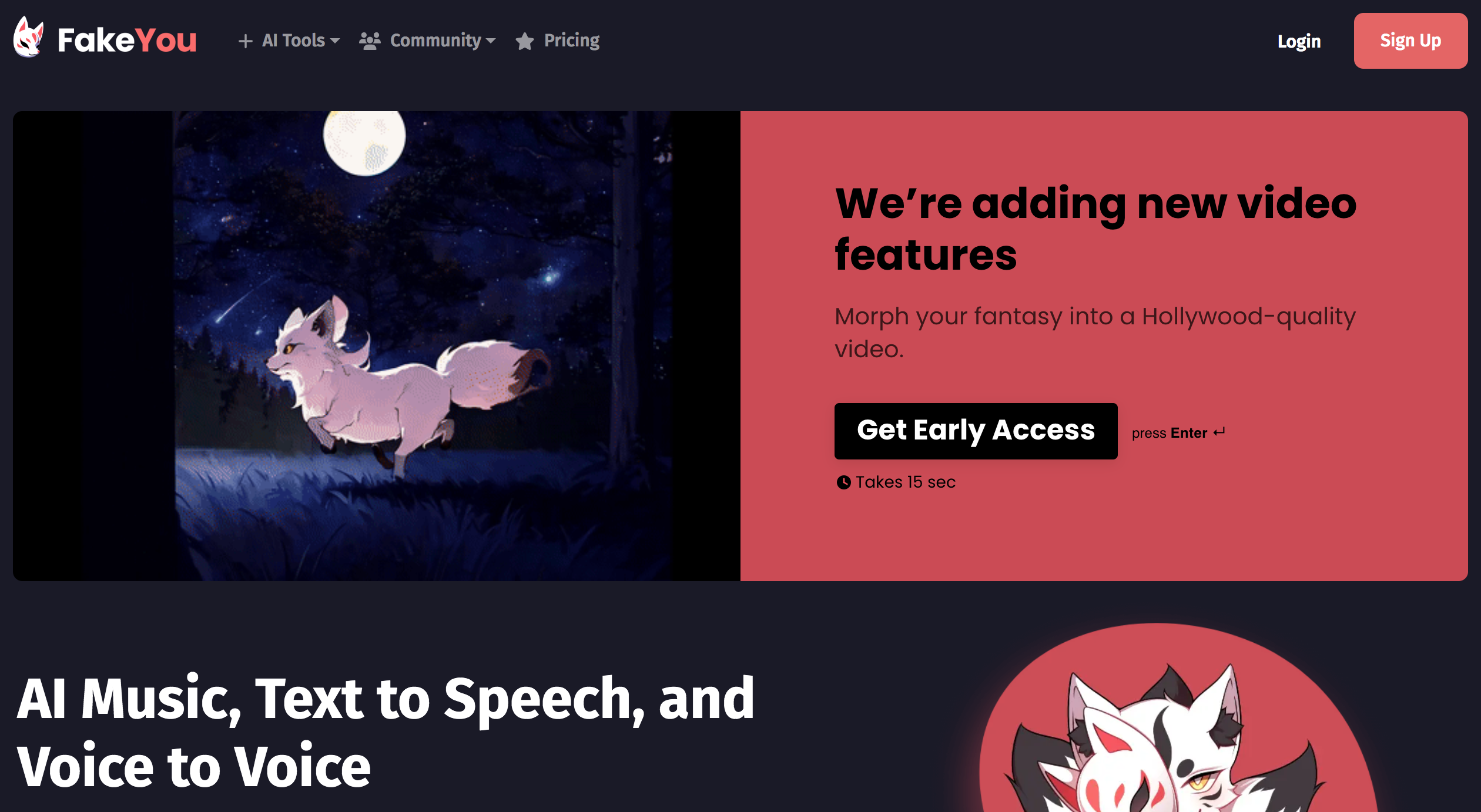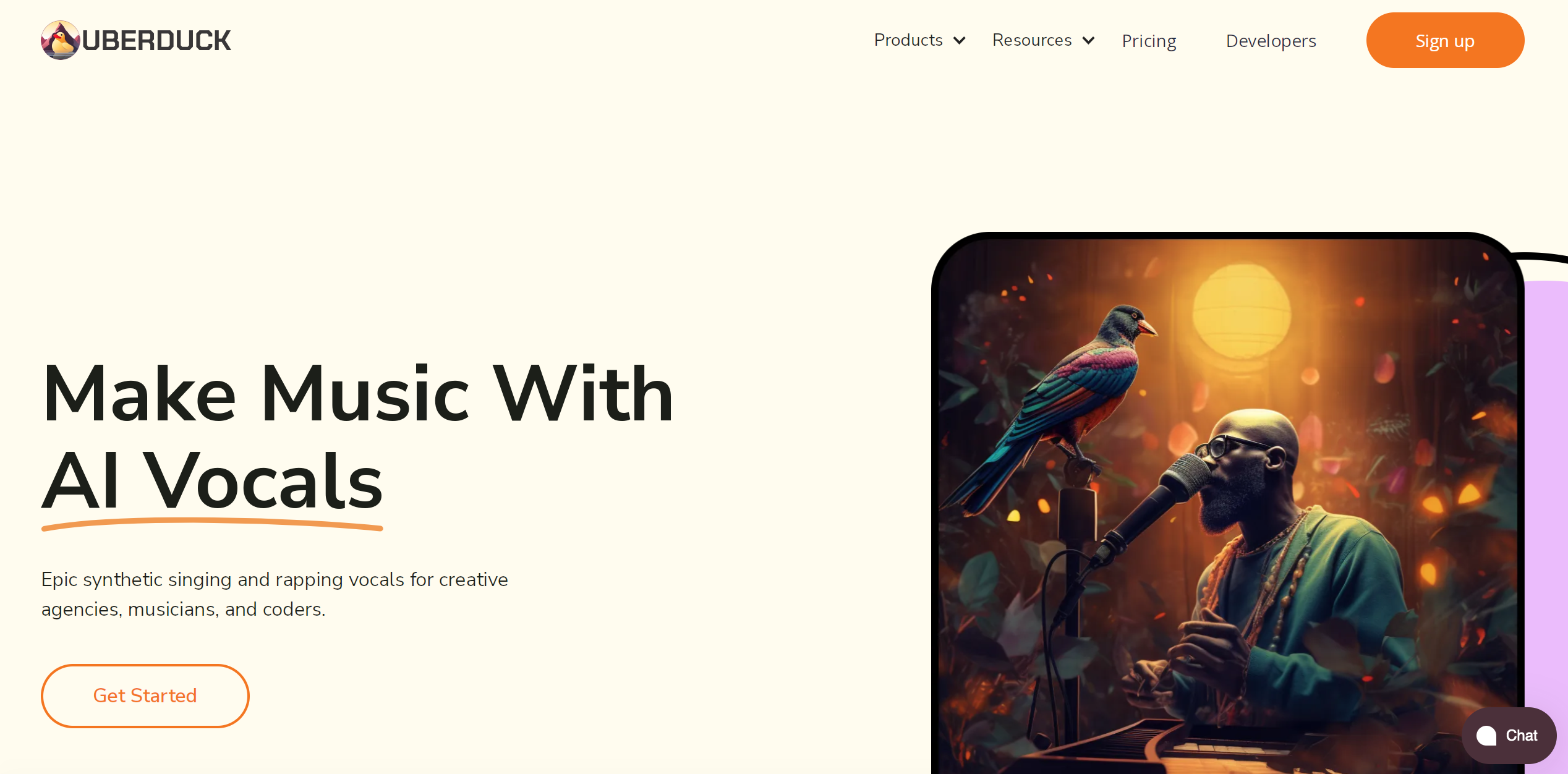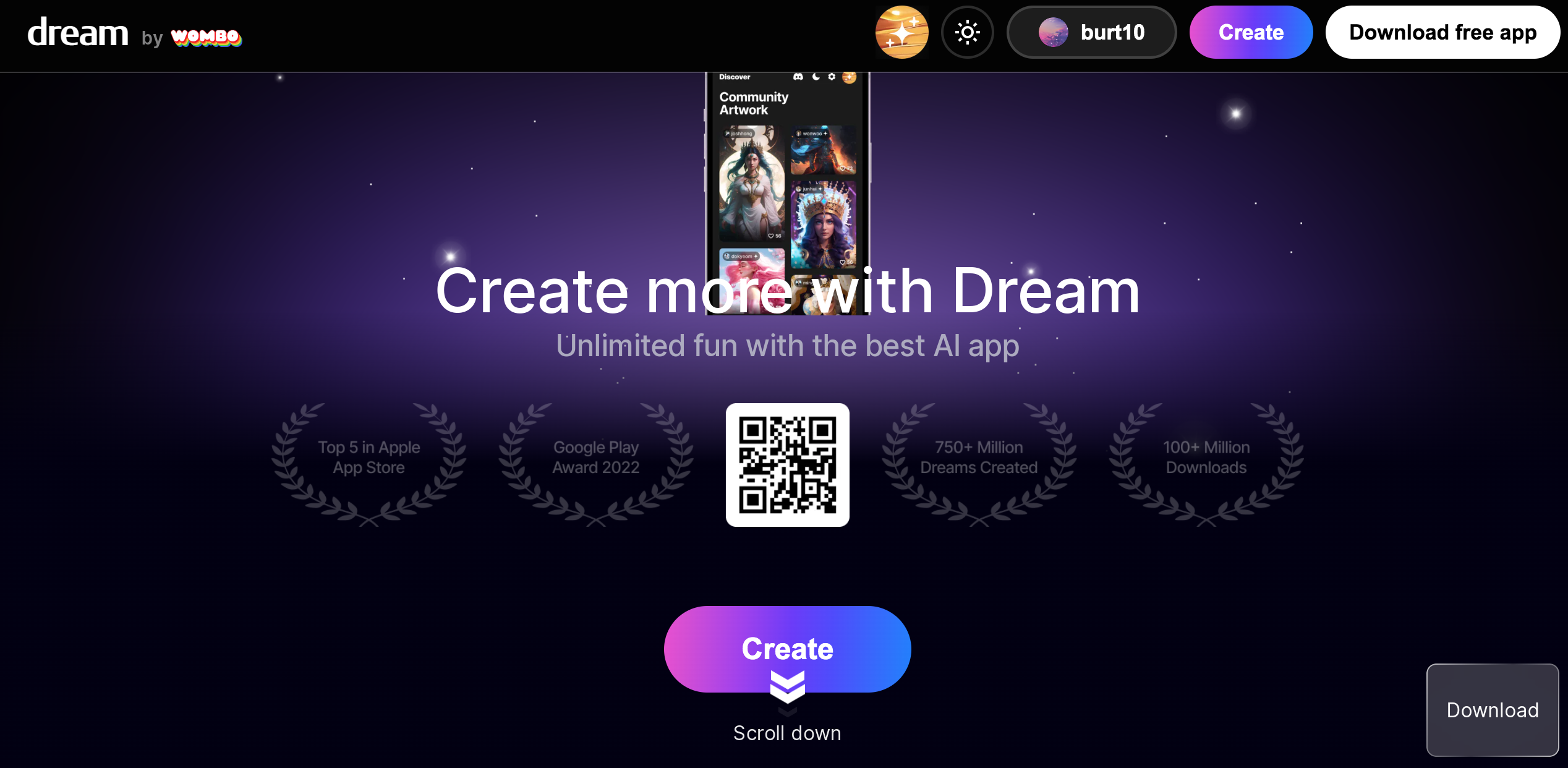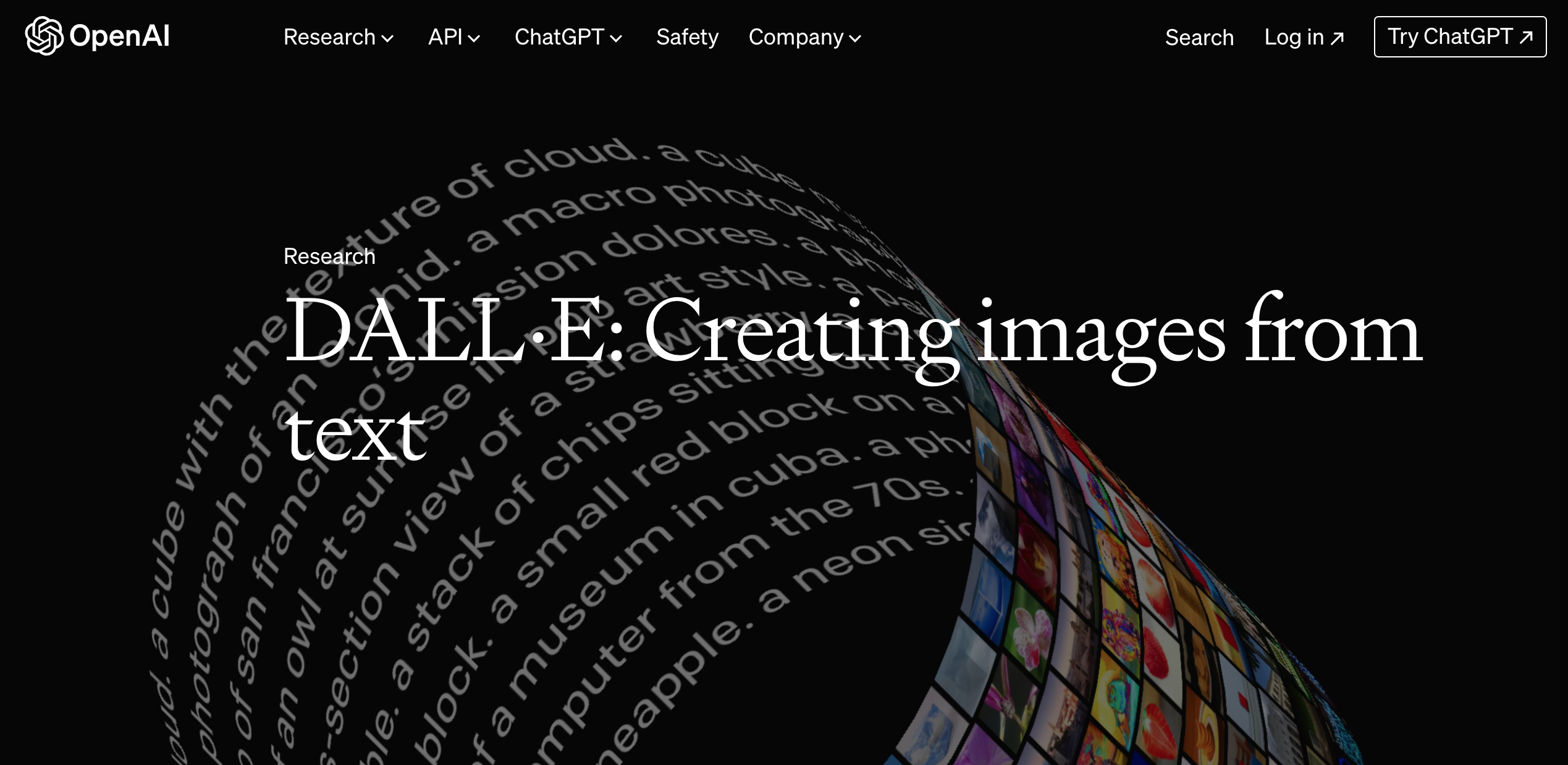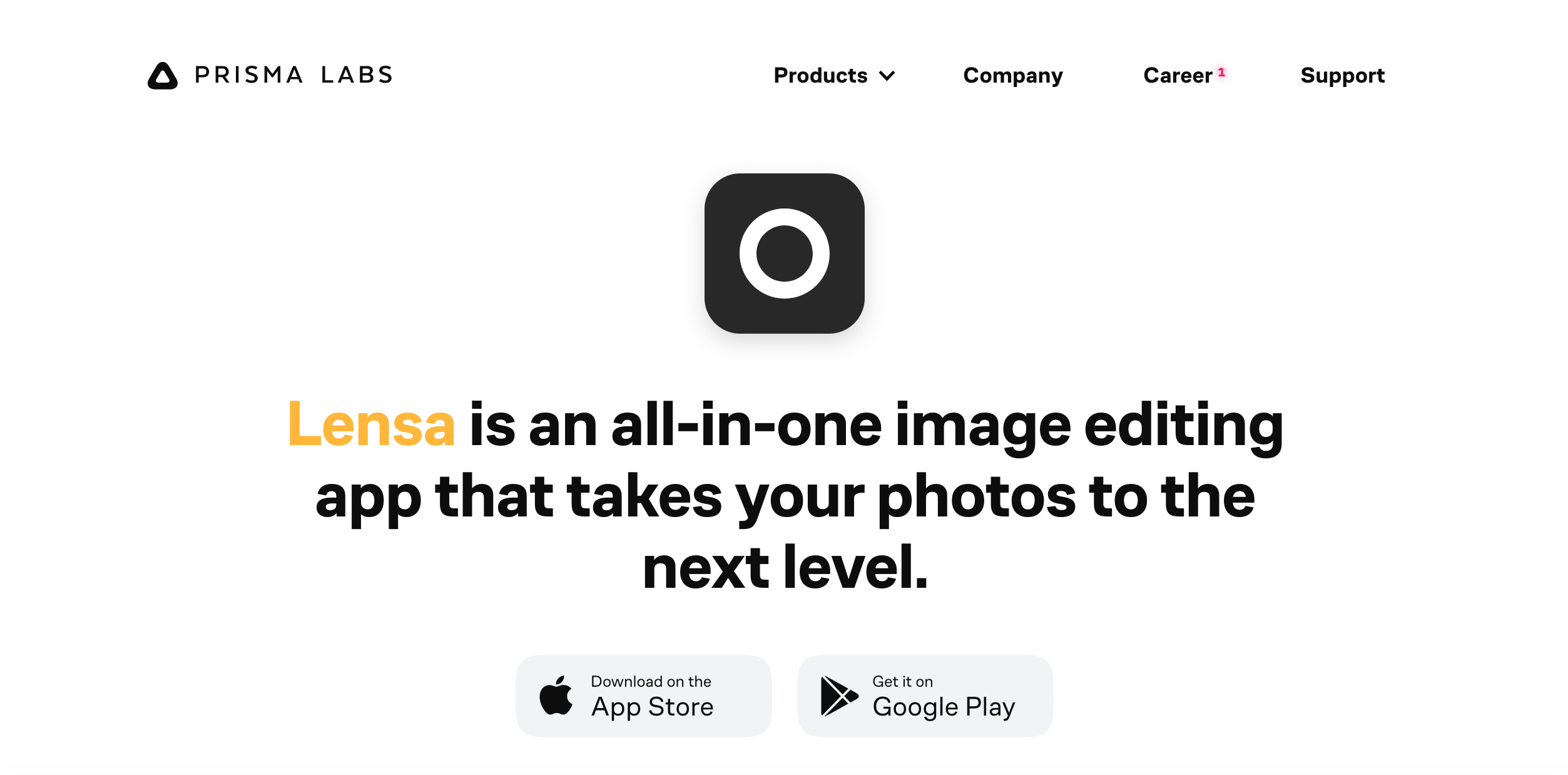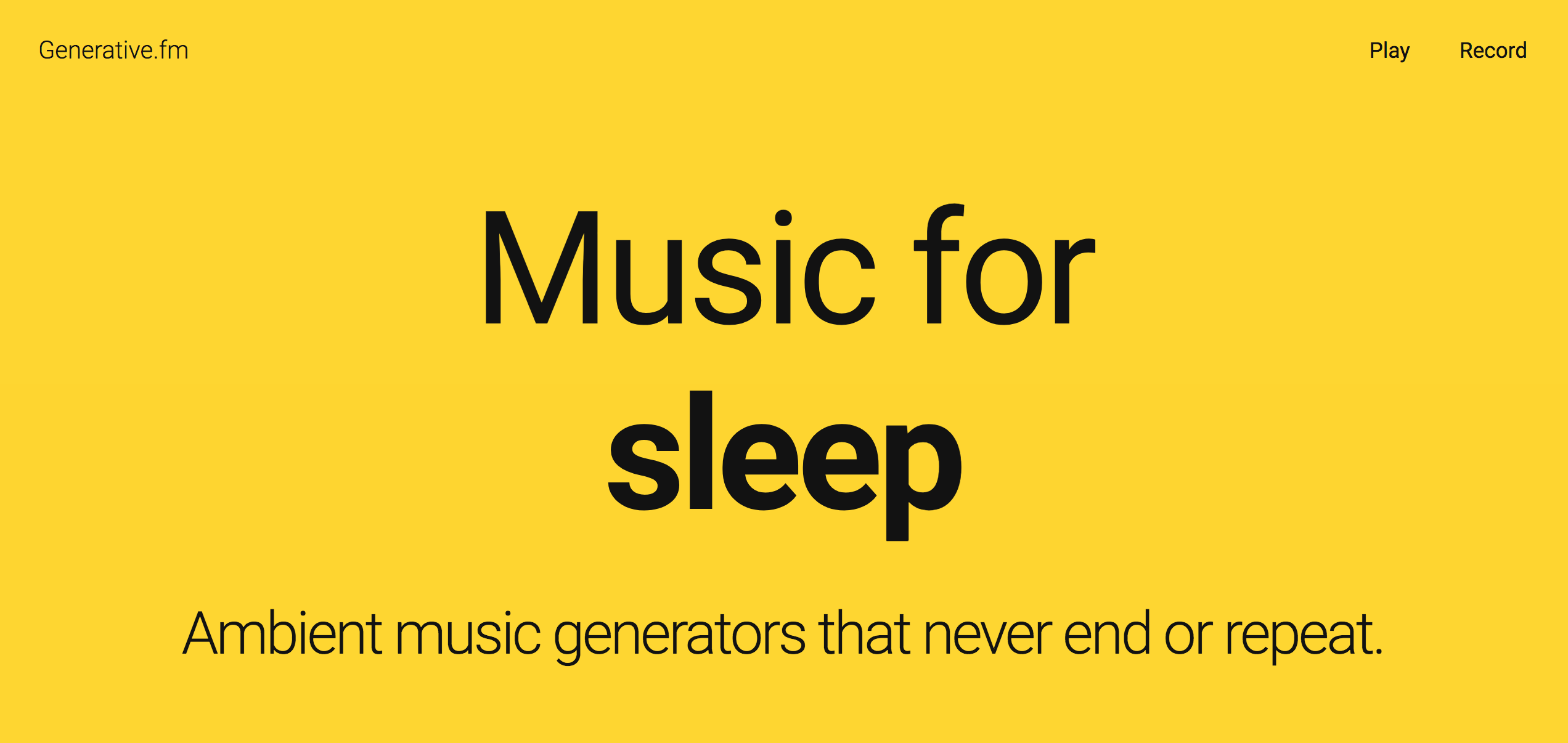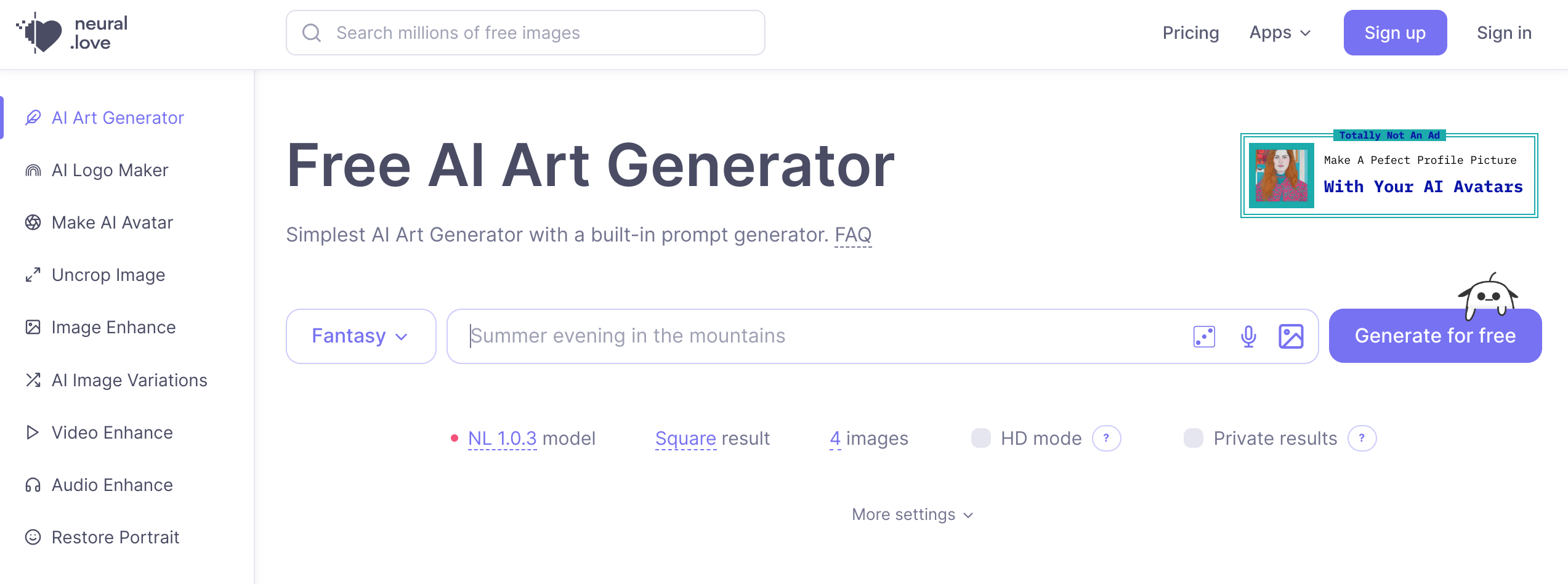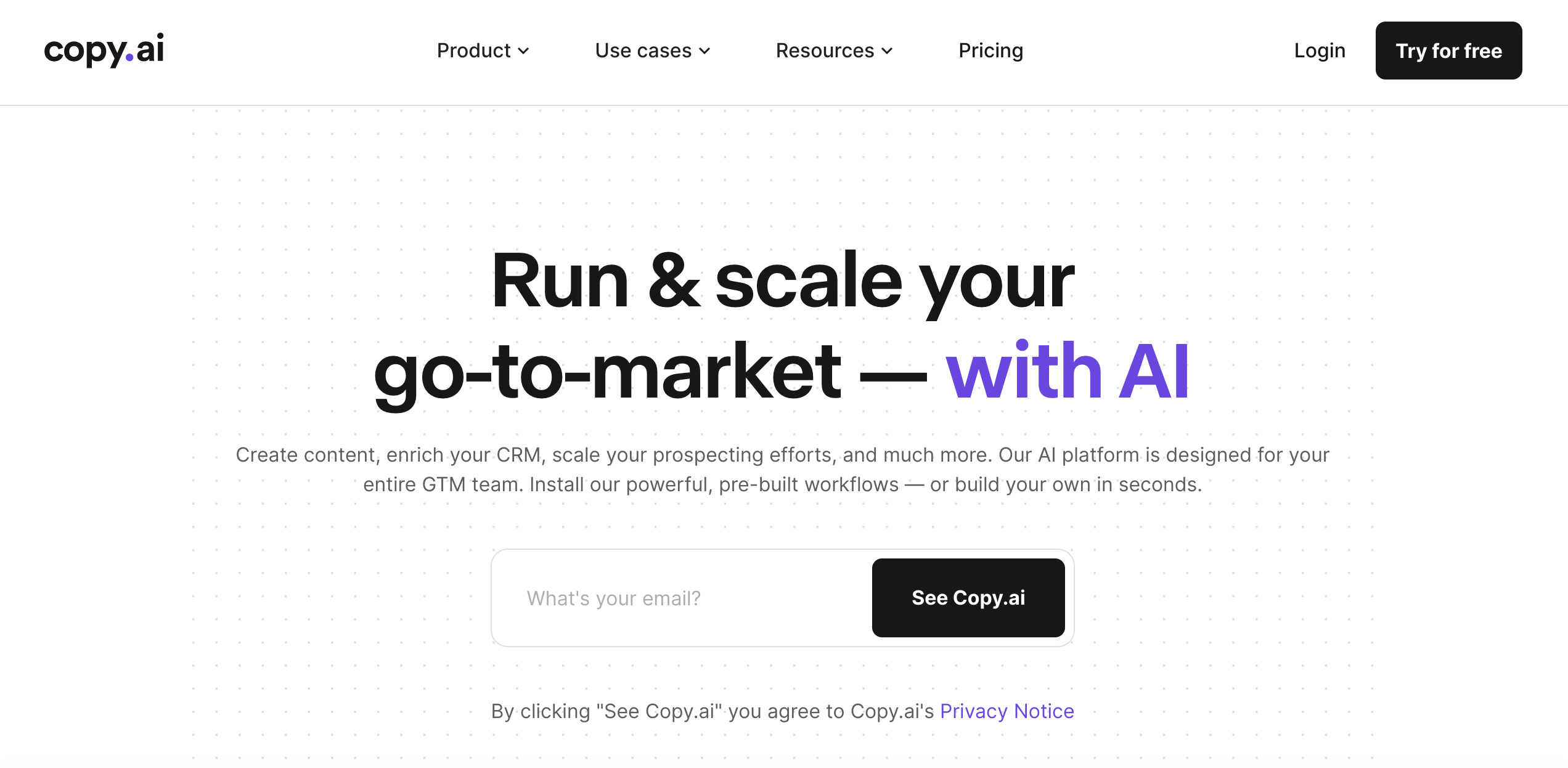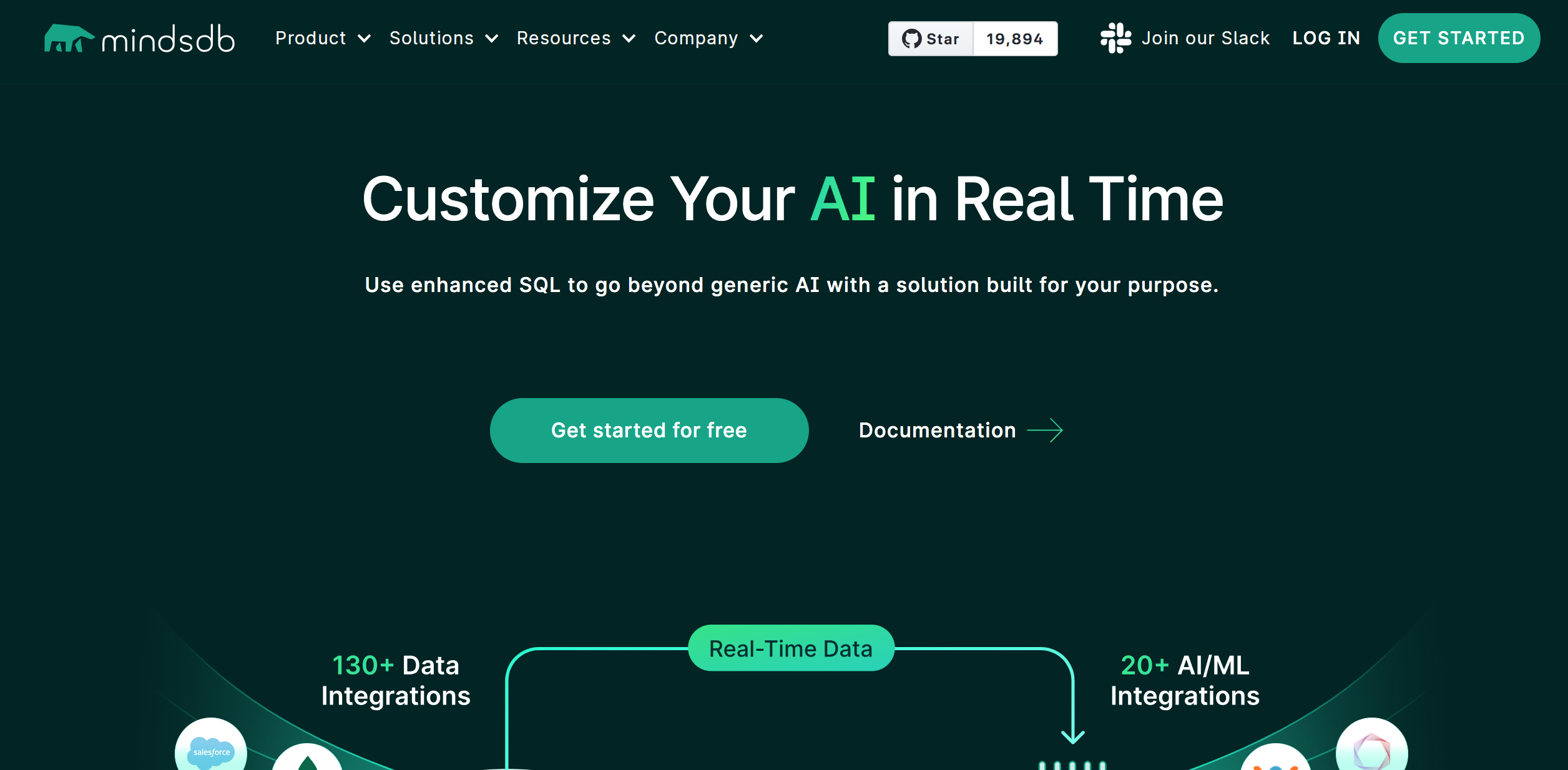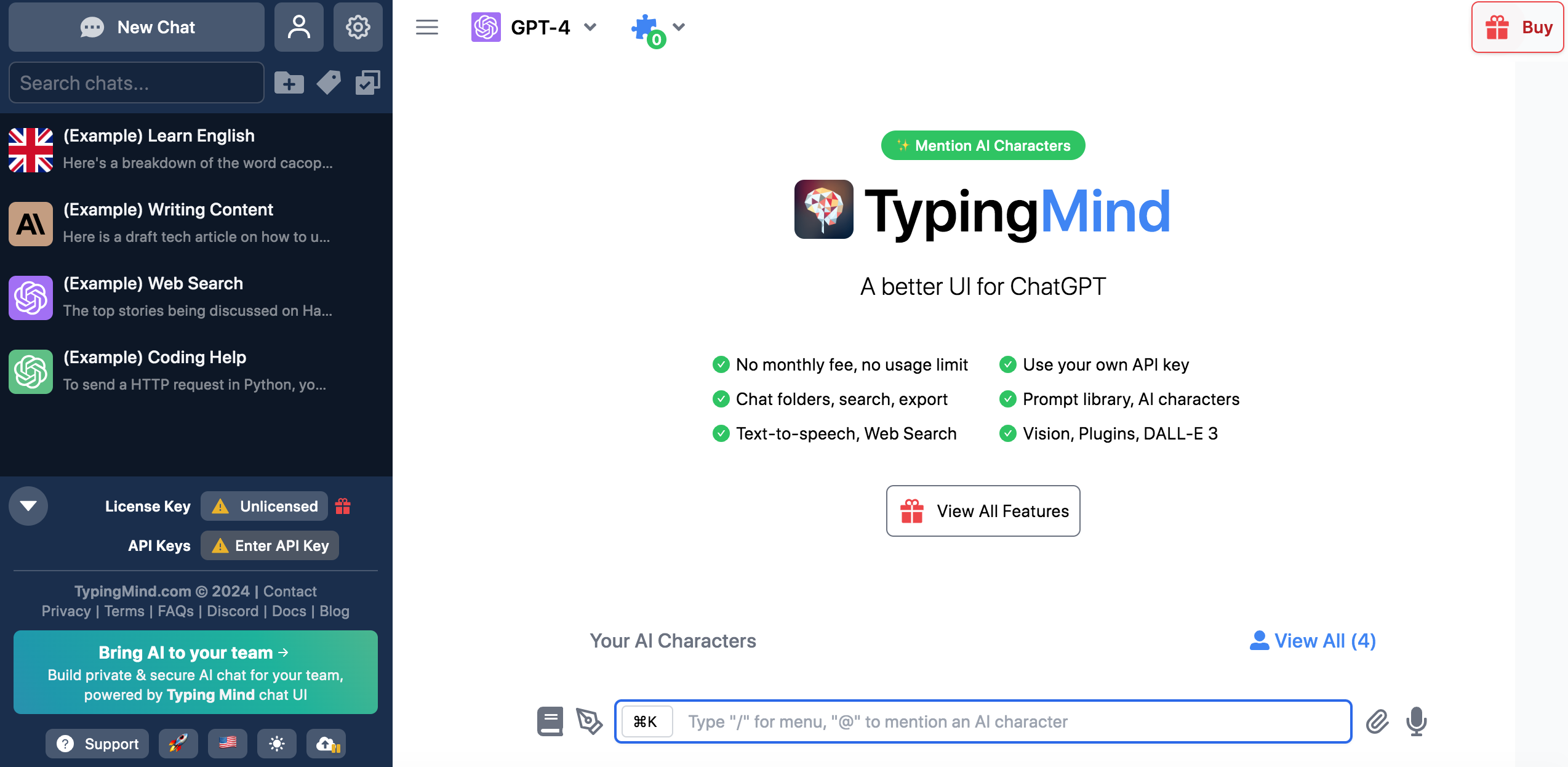
The world is changing at a rapid pace, and so is the way we work. The advent of blockchain technology and the rise of cryptocurrencies have brought about a new era of employment opportunities. In Australia, the tech hub of Sydney is leading the charge in the adoption and proliferation of web3 technologies. According to recent research, there has been a sharp rise in the number of web3 jobs in Sydney, indicating a growing interest and investment in this field.
The State of the Job Market
The job market in Sydney has been steadily growing over the past few years, with a 2.5% increase in employment in 2020 alone. However, the pandemic has accelerated the pace of digitization and forced many companies to adopt new technologies, including blockchain and cryptocurrencies. As a result, the demand for skilled professionals in these areas has risen exponentially.
According to data from job search engine Indeed, there has been a 560% increase in the number of job postings related to blockchain in Australia since 2015. This is a clear indication of the growing interest and investment in this technology in the country.
Rise of Web3 Jobs
Web3 technologies, which include blockchain, decentralized finance (DeFi), and non-fungible tokens (NFTs), are rapidly changing the way we think about finance, art, and ownership. As a result, there has been a growing demand for skilled professionals in these areas.
In Sydney, there has been a significant increase in the number of job postings related to web3 technologies. According to CoinMarketCap, there are currently over 100 blockchain companies in Australia, with Sydney being home to some of the biggest players in the industry, such as DigitalX, Power Ledger, and Block8.
The rise of web3 has also opened up new opportunities for freelancers and remote workers. With blockchain technology enabling secure and transparent transactions, freelancers can now work with clients from all over the world without worrying about payment fraud or transaction fees. This has led to a rise in platforms, such as Gitcoin and Upwork, that specialize in web3 and cryptocurrency freelance jobs.
As the world continues to shift towards a decentralized future, the demand for skilled web3 professionals in Sydney is only set to increase. This presents an exciting opportunity for job seekers looking to break into the tech industry or switch careers. So, whether you’re a developer, marketer, or strategist, now is the perfect time to start exploring the world of web3 and its potential job opportunities.
Qualifications for Web3 Jobs
While the demand for web3 professionals is on the rise, it’s important to note that these jobs require a unique set of skills and qualifications. Employers in this space are looking for professionals who not only have experience in blockchain technology but also possess a strong understanding of finance, economics, and cryptography.
Here are some of the skills and qualifications that can help job seekers stand out in the web3 job market:
Blockchain Technologies
– Understanding of smart contracts, consensus mechanisms, and decentralized applications (DApps)
– Proficiency in Solidity, the programming language used for Ethereum smart contracts
– Knowledge of blockchain platforms such as Bitcoin, Ethereum, and Polkadot
Financial and Economic Concepts
– Understanding of decentralized finance (DeFi) protocols and products, such as decentralized exchanges (DEXs) and stablecoins
– Experience with traditional financial systems and methods
– Understanding of macroeconomic concepts such as inflation and monetary policy
Cryptography and Security
– Understanding of cryptographic algorithms and protocols used in blockchain technology
– Familiarity with common security vulnerabilities in blockchain applications and smart contracts
– Knowledge of encryption and decryption techniques
Soft Skills
– Strong communication skills, both written and verbal
– Ability to work in a fast-paced and dynamic environment
– Creativity and problem-solving skills
By developing these skills and qualifications, job seekers can position themselves as strong candidates in the web3 job market.
There are several websites where you can find web3 and blockchain jobs in Sydney, Australia:
If you’re looking for web3 and blockchain job opportunities in Sydney, Australia, there are several websites that can help you in your search. These platforms provide a range of job listings from various companies and industries, catering to different skill sets and interests.
One notable website to explore is Web3.career, which currently boasts a total of 201 web3 jobs specifically in Sydney as of June 2023. This platform features job openings from renowned companies like Immutable, OKX, and Near Protocol. Among the positions available, you can find opportunities like Workplace Experience Specialist, where you can contribute to shaping the work environment of these cutting-edge organizations [1].
Another platform worth considering is Indeed.com.au, which provides a comprehensive list of web3 jobs in Sydney, Australia. Not only does it offer job listings, but it also includes salary information for the positions listed. Some notable job titles you might come across on this platform include Head of Studio – Web3 Gaming, Director of Monetization and Game Economy, and Director of Marketing. These opportunities provide a chance to work on exciting projects within the web3 space while enjoying the benefits of competitive salaries.
Seek.com.au is another reliable website that can help you find blockchain jobs in the Sydney area. As of June 2023, Seek.com.au has 29 blockchain-related positions available in different industries throughout Sydney, New South Wales. Job titles you can expect to find on this platform include Blockchain Developer, Blockchain Engineer, and Blockchain Solution Architect [3]. These roles offer an opportunity to contribute to the development and implementation of blockchain technologies in various sectors.
For a more streamlined search experience, you can also explore Simplyhired.com.au, which features 20 web3 jobs across Australia. Positions available on this platform include Account Executive, Technical Lead, and Director of Partner Success [4]. Simplyhired.com.au can help you find job opportunities that match your skill set and interests while offering a diverse range of roles within the web3 field.
Lastly, LinkedIn.com can be a valuable resource for finding blockchain development opportunities in the Greater Sydney Area. With 47 Blockchain Developer jobs currently listed, LinkedIn.com provides daily updates and new job postings to keep you informed about the latest opportunities in the region [5]. Leveraging the vast professional network on LinkedIn, you can connect with industry leaders and stay updated on emerging trends in the web3 and blockchain space.
These websites offer a wealth of web3 and blockchain job opportunities in Sydney, Australia. Whether you’re interested in positions at prominent companies, seeking competitive salaries, or looking for a specific job title, these platforms can help you find the ideal career path within the web3 and blockchain industry.
What are the required skills for web3 jobs in Sydney?
To excel in web3 jobs in Sydney, Australia, there are several key skills and competencies that employers typically look for. Given the nature of the web3 industry, which combines blockchain technology, decentralized applications (dApps), and cryptocurrency, possessing a strong foundation in both technical and conceptual areas is crucial. Here are some of the essential skills that can enhance your prospects in the web3 job market:
- Blockchain Technology: A deep understanding of blockchain fundamentals is essential. This includes knowledge of distributed ledger technology, consensus mechanisms, smart contracts, and cryptography. Proficiency in blockchain platforms like Ethereum, Polkadot, or Solana is highly valued, as well as familiarity with related tools and frameworks such as Solidity, Truffle, or Web3.js.
- Smart Contract Development: Proficiency in developing and deploying smart contracts is highly sought after. This involves expertise in programming languages like Solidity or Rust, and the ability to write secure and efficient code. Understanding the principles of decentralized finance (DeFi) and the development of decentralized applications (dApps) is also advantageous.
- Web Development: Strong web development skills are often required for web3 roles. Proficiency in front-end technologies such as HTML, CSS, and JavaScript is essential for building user interfaces (UI) and integrating them with blockchain platforms. Familiarity with popular front-end frameworks like React or Angular can be beneficial.
- Cryptocurrency Knowledge: A comprehensive understanding of cryptocurrencies, including Bitcoin and Ethereum, is valuable in the web3 industry. Familiarity with digital wallets, blockchain explorers, and interacting with various cryptocurrency protocols can enhance your skill set.
- Decentralized Finance (DeFi): Expertise in DeFi protocols and concepts is increasingly in demand. Understanding lending platforms, decentralized exchanges (DEXs), yield farming, liquidity mining, and other DeFi applications is essential for many web3 roles.
- Security and Auditing: Web3 professionals are expected to have a strong grasp of security principles and best practices. Knowledge of secure coding practices, vulnerability detection, and smart contract auditing is crucial to ensure the integrity and safety of blockchain-based applications.
- Problem-Solving and Analytical Thinking: Web3 jobs often involve tackling complex challenges and finding innovative solutions. Strong problem-solving skills, analytical thinking, and the ability to troubleshoot and debug blockchain-related issues are highly valued in the industry.
- Adaptability and Continuous Learning: The web3 space evolves rapidly, so adaptability and a willingness to continuously learn and stay updated are vital. Keeping up with emerging trends, attending industry events, and being involved in the broader web3 community can give you a competitive edge.
- Collaboration and Communication: Effective teamwork and communication skills are important in web3 roles. Collaboration with cross-functional teams, engaging in open-source projects, and contributing to the community can demonstrate your ability to work effectively in a collaborative environment.
- Business Acumen: Having a solid understanding of the business implications and potential applications of web3 technology is advantageous. This includes knowledge of token economics, decentralized governance models, and the broader impact of blockchain on industries such as finance, supply chain, and healthcare.
While these skills are commonly sought after in web3 jobs in Sydney, the specific requirements may vary depending on the role and organization. It’s always beneficial to tailor your skills and experiences to the specific job description and highlight how your expertise aligns with the needs of the employer.
What are some popular coding languages used in web3 development?
Web3 development involves working with blockchain technology and decentralized applications (dApps). To effectively build and deploy web3 applications, developers utilize various coding languages and frameworks that cater to the specific requirements of this domain. Here are some popular coding languages used in web3 development:
- Solidity
Solidity is the most widely used programming language for developing smart contracts on the Ethereum blockchain. It is a statically typed, contract-oriented language designed specifically for writing code that runs on Ethereum virtual machines (EVM). Solidity is known for its similarities to JavaScript and C++, making it relatively easy for developers to learn and apply.
- Vyper
Vyper is an alternative language for smart contract development on Ethereum. It is designed with a focus on security, simplicity, and auditability. Vyper’s syntax is intentionally constrained to avoid potential pitfalls and vulnerabilities often found in other languages. It is particularly suited for developers who prioritize security and code correctness.
- Rust
Rust is a systems programming language that is gaining popularity in the web3 space, especially for building blockchain protocols and applications. Known for its emphasis on memory safety and performance, Rust provides developers with fine-grained control over system resources while preventing common programming errors. Rust is commonly used in projects such as the Polkadot ecosystem and the Parity Substrate framework.
- JavaScript
JavaScript is a versatile programming language widely used for web development, including web3 applications. With JavaScript, developers can interact with blockchain networks using libraries like Web3.js or ethers.js, enabling seamless integration between front-end interfaces and smart contracts. JavaScript is the language of choice for decentralized application frameworks such as Ethereum’s Truffle Suite.
- TypeScript
TypeScript is a superset of JavaScript that adds static typing and additional features to the language. It is increasingly popular in web3 development due to its ability to catch potential errors during development and improve code maintainability. TypeScript is often used in combination with frameworks like React or Angular to build decentralized front-end interfaces.
- Python
Python is a versatile and beginner-friendly programming language used in various domains, including web3 development. It offers a range of libraries and frameworks, such as Web3.py, that simplify interacting with blockchain networks. Python’s readability and extensive community support make it an attractive choice for building web3 applications and backend services.
- Go
Go, also known as Golang, is a statically typed programming language developed by Google. Go is known for its simplicity, efficiency, and strong concurrency support, making it suitable for building scalable web3 applications. Go is used in projects like the go-ethereum client implementation and is favored for its speed and robustness.
- Java
Java, a widely adopted general-purpose programming language, is also used in web3 development. It offers libraries and frameworks like Web3j that facilitate interactions with blockchain networks, particularly Ethereum. Java’s strong ecosystem, extensive tooling, and enterprise-level support make it a preferred choice for building web3 applications in certain contexts.
These coding languages serve different purposes and are applied in various parts of web3 development, such as smart contract development, backend infrastructure, front-end interfaces, and blockchain protocol implementations. Familiarity with one or more of these languages, depending on the specific needs of a project, can greatly enhance a developer’s ability to contribute to the web3 ecosystem.
What design software is used in web3 development?
In web3 development, design software plays a crucial role in creating visually appealing and user-friendly interfaces for decentralized applications (dApps) and blockchain-related projects. Here are some popular design software tools used in web3 development:
- Figma: Figma is a cloud-based design tool widely used in web3 development. It offers a collaborative environment where designers can create and prototype interfaces for dApps. Figma enables real-time collaboration, supports interactive prototyping, and facilitates seamless handoff to developers, making it a preferred choice for designing web3 interfaces.
- Sketch: Sketch is a vector-based design tool primarily used in user interface (UI) and user experience (UX) design. It offers a range of features specifically tailored for creating responsive and visually appealing designs. Sketch plugins and libraries, such as Ethereum Design System, enable designers to incorporate web3-specific elements into their designs.
- Adobe XD: Adobe XD is another popular design tool that allows designers to create interactive prototypes and UI/UX designs for web3 applications. It offers features like component-based design, collaboration, and sharing capabilities. Adobe XD’s integration with other Adobe Creative Cloud tools provides seamless workflows for designers.
- InVision: InVision is a prototyping and collaboration platform used by web3 designers to create interactive and clickable prototypes. It enables designers to gather feedback, conduct user testing, and collaborate with stakeholders throughout the design process. InVision supports seamless integration with other design tools and developer handoff workflows.
- Adobe Photoshop: Adobe Photoshop is a versatile design software widely used in various domains, including web3 development. It offers powerful features for creating and editing visual assets, such as logos, illustrations, and graphics. Designers often use Photoshop in conjunction with other design tools to create custom web3-related visuals.
- Procreate: Procreate is a digital illustration app designed specifically for iPad and Apple Pencil. It is commonly used by artists and designers to create intricate illustrations and artwork for web3 projects. Procreate’s extensive brush library, layering capabilities, and intuitive interface make it a popular choice among digital artists in the web3 space.
- Canva: Canva is a web-based design tool that offers a user-friendly interface and a wide range of design templates. While Canva is often associated with general graphic design, it is also utilized in web3 development for creating social media graphics, presentations, and other visual assets for blockchain-related projects.
These design software tools help web3 developers and designers bring their creative vision to life, enabling them to design engaging and user-centric interfaces for dApps and blockchain platforms. The choice of design software often depends on personal preferences, team collaboration requirements, and specific design workflows. It’s important to select the software that best suits your needs and allows for seamless collaboration with other stakeholders involved in the web3 development process.
What are some examples of decentralized applications in web3?
Decentralized applications (dApps) are a key component of the web3 ecosystem, leveraging blockchain technology to provide users with increased security, transparency, and control over their data and digital assets. Here are some examples of decentralized applications across different industries:
- Finance and DeFi:
- Uniswap: Uniswap is a decentralized exchange protocol built on Ethereum. It allows users to trade ERC-20 tokens directly from their wallets without the need for intermediaries.
- Compound: Compound is a decentralized lending and borrowing platform that enables users to earn interest on their cryptocurrencies by lending them out or borrow assets by collateralizing their own tokens.
- Aave: Aave is a decentralized lending and borrowing protocol that supports a wide range of cryptocurrencies. It features unique features like flash loans, which allow users to borrow assets without collateral as long as the loan is repaid within the same transaction.
- Gaming:
- Axie Infinity: Axie Infinity is a blockchain-based game that combines elements of Pokémon and Tamagotchi. It allows players to collect, breed, and battle virtual creatures called Axies, with in-game assets stored on the Ethereum blockchain.
- Decentraland: Decentraland is a virtual world powered by blockchain technology. It enables users to create, own, and monetize virtual land, as well as build and explore interactive experiences within the virtual world.
- Sorare: Sorare is a fantasy football game built on Ethereum, where players can buy, sell, and trade digital collectible cards representing real-world football players. The game leverages blockchain technology to ensure scarcity and authenticity of the cards.
- Supply Chain:
- VeChain: VeChain is a blockchain platform designed for supply chain management and product authenticity verification. It enables businesses to track and trace the provenance of products throughout the supply chain, enhancing transparency and reducing counterfeiting.
- OriginTrail: OriginTrail is a decentralized protocol that enables businesses to securely and transparently exchange supply chain data. It aims to improve data integrity, interoperability, and trust within supply chains by leveraging blockchain and decentralized technologies.
- Content and Social Media:
- Steem: Steem is a blockchain-based social media platform that rewards users for creating and curating content. Users can earn cryptocurrency rewards for posting, commenting, and upvoting content on the platform.
- Rarible: Rarible is a decentralized marketplace for digital collectibles, allowing users to buy, sell, and trade non-fungible tokens (NFTs). It provides a platform for artists and creators to showcase and monetize their digital creations.
- Identity and Governance:
- uPort: uPort is a self-sovereign identity platform built on blockchain. It allows individuals to control and manage their digital identities, providing secure and portable identity solutions.
- DAOstack: DAOstack is a framework for creating decentralized autonomous organizations (DAOs). It enables individuals to collaborate and make collective decisions through voting and decentralized governance mechanisms.
These are just a few examples of decentralized applications in the web3 space. The range of dApps continues to expand as developers explore new use cases and leverage blockchain technology to revolutionize various industries.
Conclusion
The rise of web3 technologies is transforming the future of work in Australia and around the world. With a growing number of job opportunities in blockchain, DeFi, and NFTs, the demand for skilled professionals in these areas is expected to continue to rise.
If you’re interested in exploring the world of web3 jobs in Sydney, now is the time to start developing the skills and qualifications necessary to thrive in this space. Keep up with the latest news and developments in the industry, network with other professionals in the field, and take courses and certifications to develop your skill set. With the right mindset and dedication, you can build a successful career in the exciting and dynamic world of web3.

